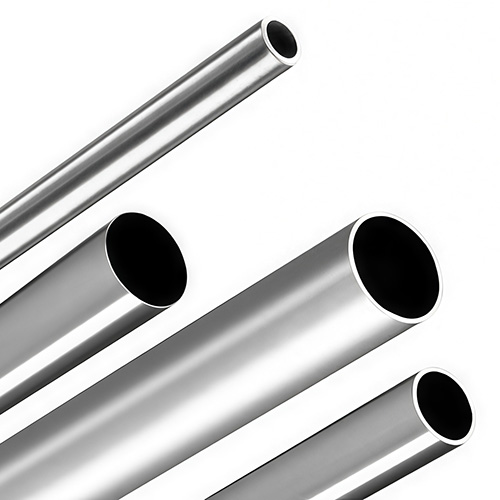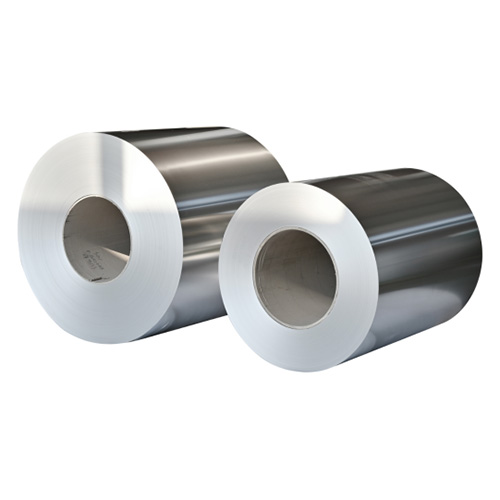As a key branch of stainless steel, 304L stainless steel welded pipe, with its unique low-carbon design (carbon content ≤ 0.03%), demonstrates irreplaceable value in industries with stringent corrosion resistance requirements, such as chemical, petroleum, and food processing. This article systematically analyzes the industrial value of this material from four perspectives: material properties, application scenarios, manufacturing processes, and industry trends.

I. Material Properties: The Core Advantages of Low-Carbon Design
304L stainless steel belongs to the austenitic stainless steel family. Its chemical composition, characterized by a ratio of chromium (18%-20%) to nickel (8%-12%), provides the material with fundamental corrosion resistance. Its ultra-low carbon design (≤ 0.03% C) eliminates the intergranular corrosion problem associated with conventional 304 stainless steel during welding. Specifically, it demonstrates:
Intergranular corrosion resistance: During welding, conventional 304 stainless steel, due to its high carbon content (≤ 0.08%), is prone to chromium carbide precipitation at grain boundaries, leading to the formation of chromium-depleted zones and, in turn, intergranular corrosion. The low carbon content of 304L reduces carbide precipitation by over 90%, ensuring corrosion resistance in the weld area even without annealing.
Balanced Mechanical Properties: While 304L's tensile strength (≥485 MPa) is slightly lower than that of 304 stainless steel (≥520 MPa), its combination of yield strength (≥170 MPa) and elongation (≥40%) provides superior toughness in complex stress environments, such as offshore platforms and chemical pipelines.
Temperature Adaptability: It can operate stably from -196°C (in liquid nitrogen) to 800°C, meeting the dual requirements of cryogenic storage tanks and high-temperature steam pipelines.
The production of 304L stainless steel welded pipes requires multiple steps, with welding and heat treatment being key.
Welding Process:
TIG Welding (Tungsten Inert Gas Welding): Suitable for thin-walled pipes (wall thickness ≤ 3mm). Argon shielding prevents oxidation, resulting in aesthetically pleasing welds. Data from a pipe manufacturer indicates that TIG welds can achieve corrosion resistance exceeding 95% of the parent material.
MIG Welding (Metal Inert Gas Welding): Suitable for thick-walled pipes (wall thickness > 3mm), boasting three times the welding efficiency of TIG welding. However, strict control of wire feed speed and current is required to avoid porosity defects.
Plasma Welding: Combining the advantages of TIG and MIG welding, it is suitable for large-diameter pipes (DN ≥ 600mm). In one marine engineering case, the corrosion rate of plasma-welded pipes in a simulated seawater environment was as low as 0.002mm/year.
Heat Treatment and Surface Treatment:
Solution Treatment: The welded pipe is heated to 1010-1150°C and then rapidly cooled to fully dissolve carbides, restore the austenite structure, and enhance corrosion resistance. Pickling and passivation: A nitric acid-hydrofluoric acid mixture is used to remove the oxide scale, followed by a passivation treatment (such as a citric acid soak) to form a dense oxide film, increasing surface corrosion resistance by 2-3 times.

304L stainless steel welded pipe, thanks to its low-carbon design, cross-industry adaptability, and precision manufacturing, has become an indispensable foundational material in modern industry. With the advancement of high-end manufacturing and green transformation, technological iterations will focus on improving corrosion resistance, reducing energy consumption, and material recycling, providing solid support for the sustainable development of industries such as chemical, energy, and medical. For practitioners, a deep understanding of material properties and key process control points is key to seizing market opportunities and driving industry progress.